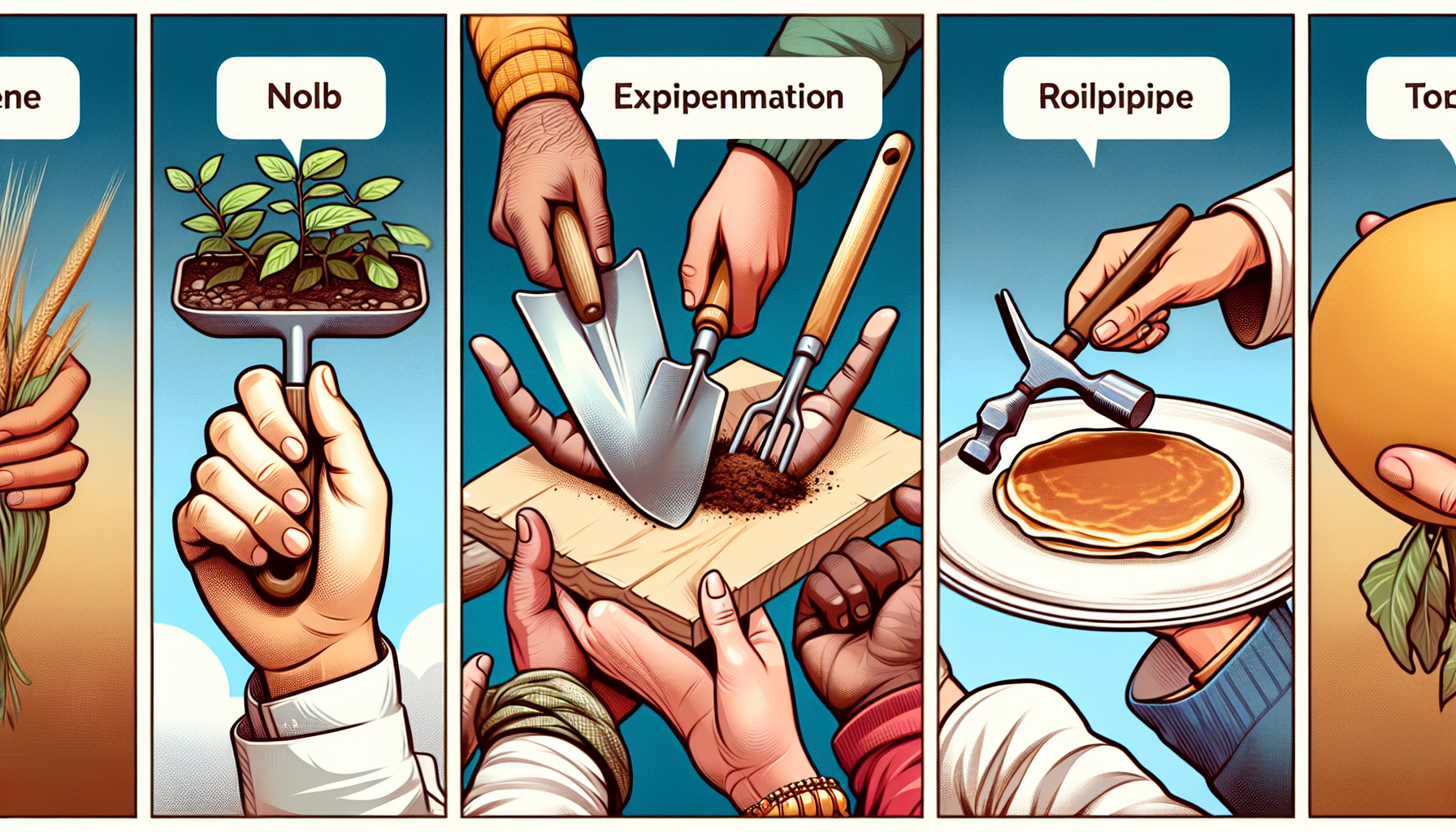Navigating the Tech Landscape: The Role of User Experience Advocates

User experience advocates are professionals dedicated to understanding the needs, behaviors, and challenges of users. They employ various methods, such as user interviews, surveys, usability testing, and data analysis, to gather insights that directly inform product design and functionality. Their primary goal is to create products that are not only functional but also enjoyable to use. For example, UX advocates might conduct user interviews to understand the frustrations users face when navigating a software application. By gathering qualitative and quantitative data, they can inform design decisions that prioritize user needs, leading to a more intuitive and user-friendly product.
The Impact of User Feedback on Product Development
One of the most significant contributions of UX advocates is their ability to translate user feedback into actionable insights for product teams. By synthesizing user data, they create user personas and journey maps that highlight pain points and opportunities for improvement. This process ensures that product development is user-centered and responsive to actual user needs. For instance, when a leading software company launched a new application, UX advocates noticed that users struggled with navigation. By addressing these concerns through iterative design changes, the company could enhance user satisfaction, ultimately leading to higher retention rates and positive reviews. This example illustrates how user feedback can shape product iterations, ensuring that the end result aligns closely with user expectations.
Fostering Community Relationships
User experience advocates play a critical role in building and maintaining relationships between tech companies and their communities. By engaging with users through forums, social media, and feedback sessions, these advocates create a sense of belonging and ownership among users. This engagement not only fosters loyalty but also encourages users to become brand ambassadors. For example, an app developer that actively sought feedback from its user community enjoyed a surge in positive word-of-mouth marketing, thereby enhancing its reputation and expanding its user base. Such community engagement is vital in today’s digital landscape, where users are more likely to trust recommendations from fellow users over traditional advertising.
The Importance of Collaboration Across Teams
To be effective, UX advocates must collaborate closely with various teams, including product management, design, and engineering. This cross-functional teamwork ensures that user insights are integrated throughout the product lifecycle. During the development of a new feature, for instance, UX advocates may work with designers to create wireframes that prioritize user needs while also collaborating with engineers to ensure that the technical feasibility aligns with user expectations. Such collaboration not only improves the final product but also helps streamline the development process, allowing teams to move forward with a shared understanding of user requirements.
Embracing Diversity in User Experience
In today's global market, diversity in user experience is paramount. UX advocates must advocate for inclusivity by considering the diverse backgrounds, abilities, and preferences of users. By conducting usability tests with varied demographics, advocates can identify potential barriers and create solutions that cater to a broader audience. For instance, a tech company that implemented accessibility features in its software not only improved the experience for users with disabilities but also tapped into a previously underserved market, demonstrating the business value of inclusive design. By prioritizing diversity in user experience, companies can foster greater loyalty and satisfaction among all users.
User experience advocates are essential players in the tech landscape, bridging the gap between users and developers. Their ability to prioritize user feedback, foster community relationships, and collaborate across teams leads to the creation of products that resonate with users and drive engagement. As technology continues to evolve, the role of UX advocates will become even more crucial in navigating the complexities of user needs and ensuring that tech products are not only functional but also delightful to use. Emphasizing user experience is not merely a trend—it's a necessity for any organization looking to thrive in today’s competitive environment. In conclusion, the emergence of non-technical roles in tech, such as UX advocacy, highlights the industry's recognition of the importance of user-centered design. As businesses strive to create products that genuinely meet user needs, the contributions of UX advocates will be invaluable in shaping the future of technology.
User Experience Researcher
Google, Amazon, Microsoft
Core Responsibilities
Conduct user interviews and surveys to gather qualitative and quantitative data on user behavior and preferences.
Analyze research findings to develop user personas and journey maps that inform design and product development.
Required Skills
Proficiency in research methodologies, including usability testing and A/B testing.
Strong analytical skills with the ability to synthesize complex data into actionable insights.
UX/UI Designer
Adobe, Facebook
Core Responsibilities
Create wireframes, prototypes, and visual designs that enhance user interaction and engagement.
Collaborate with UX researchers to incorporate user feedback into design iterations.
Required Skills
Proficiency in design tools like Adobe XD, Sketch, or Figma.
Strong understanding of user-centered design principles and accessibility standards.
Product Manager (User Experience Focus)
Atlassian, Slack
Core Responsibilities
Oversee the product lifecycle from conception to launch, ensuring that user experience considerations are prioritized at every stage.
Collaborate with UX advocates and development teams to integrate user feedback into product features.
Required Skills
Experience in product management methodologies (e.g., Agile, Scrum).
Excellent communication skills to articulate user needs to cross-functional teams.
Accessibility Specialist
IBM, Oracle
Core Responsibilities
Evaluate digital products and services for compliance with accessibility standards (e.g., WCAG).
Develop strategies and recommendations to improve the accessibility of user interfaces for diverse user groups.
Required Skills
Knowledge of assistive technologies and accessibility best practices.
Strong understanding of legal requirements related to digital accessibility.
Community Engagement Coordinator
Mozilla, Etsy
Core Responsibilities
Facilitate communication between users and product teams, gathering feedback to inform product improvements.
Organize community events and forums to foster user engagement and loyalty.
Required Skills
Strong interpersonal and communication skills to build relationships with users.
Experience with social media management and community-building strategies.


